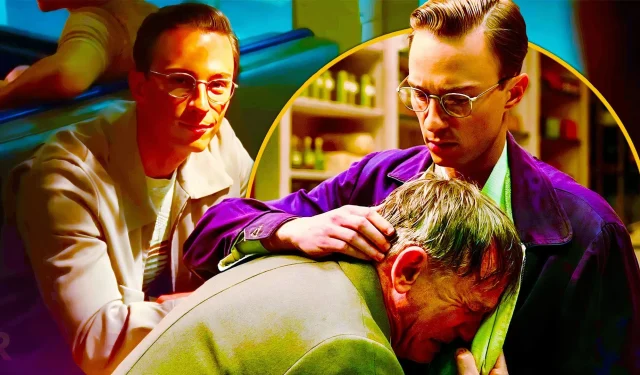
Justin Kuritzkes, a prominent queer writer, has provided a deep analysis of the complex bond between William Lee and Eugene Allerton in Queer, Luca Guadagnino’s latest cinematic endeavor. This A24 historical drama, which draws inspiration from William S. Burroughs’ 1985 novella, delves into the emotional turmoil experienced by Lee, a disheartened American expatriate navigating the vibrant yet gritty landscape of 1950s Mexico City. The film features Daniel Craig in the role of Lee and Drew Starkey as Allerton, highlighting their tumultuous relationship amid the post-war milieu.
During an insightful interview with Screen Rant, Kuritzkes addressed the intricate, often unstable dynamics of the relationship between Lee and Allerton. His commentary reveals that while the connection is mutually engaging, it is also characterized by a significant lack of synchronization. Queer marks Kuritzkes’ second collaboration with Guadagnino, following their previous project, Challengers, which similarly examined themes of romance intertwined with elements of control. Kuritzkes elaborates on the challenges inherent in adapting Burroughs’ deeply personal work, particularly in crafting Allerton as a character with agency rather than merely a reflection of Lee’s desires. Here’s an excerpt from the interview:
Kuritzkes:
The book is all very much told from Lee’s perspective, and Allerton is almost always viewed through the lens of Lee trying to figure out what’s going on inside of this kid. But it was really important to me that Allerton not be this completely disinterested, cold person who was using Lee or playing around with him or anything like that.That wasn’t interesting to me because, first of all, that didn’t feel like what was actually happening in the novel. But it also just felt like in any relationship, there’s a two-way street. Luca has said, in a very succinct and nice way, that this isn’t a story of unrequited love as much as it’s a story of unsynchronized love. These guys are in some way always trying to find a way to be on the same page, but it’s very difficult. It’s always difficult to open the kind of channel that’s required to communicate with somebody on the level of intuition, which is what they’re both after.
Lee, in a very direct and purposeful way, says it all the time. But Allerton says in his own way because otherwise, why is he going on this trip with him? What’s he doing? It was always really important to me that Allerton have agency in this whole thing and that Allerton had desire; not just be an object of desire. Because that’s not nearly as interesting as the other way around.
Understanding Kuritzkes’ Perspective on Lee and Allerton’s Relationship
Exploring the Two-Way Street of Desire in Queer
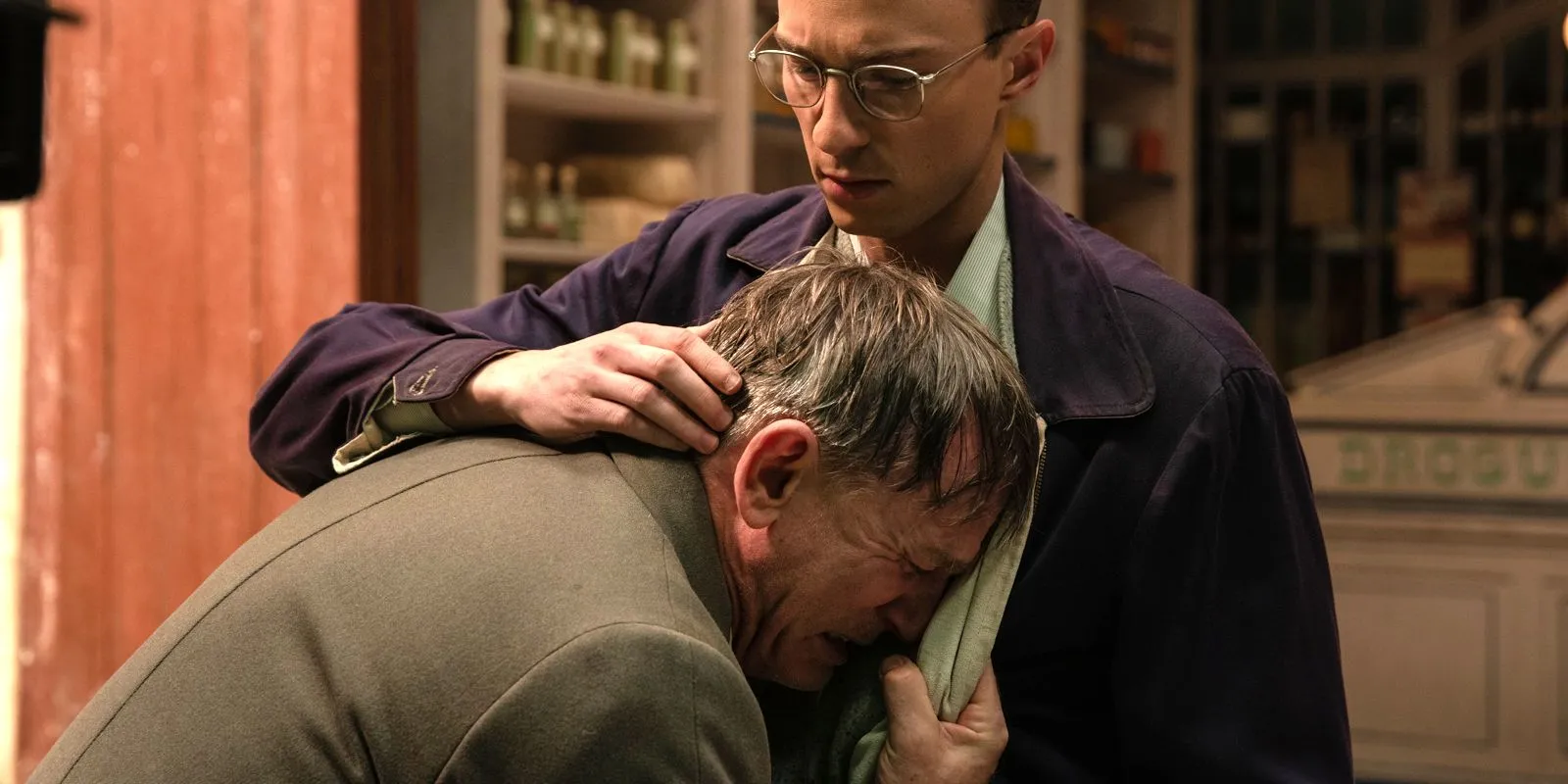
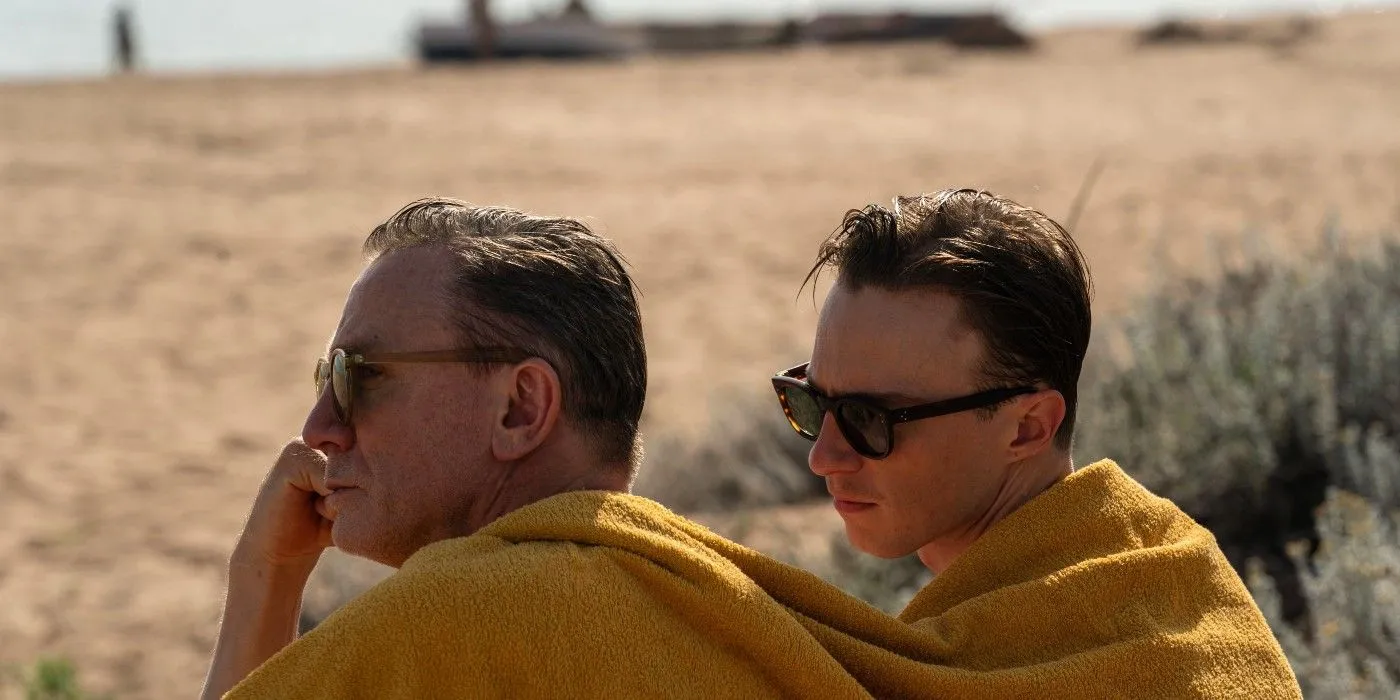
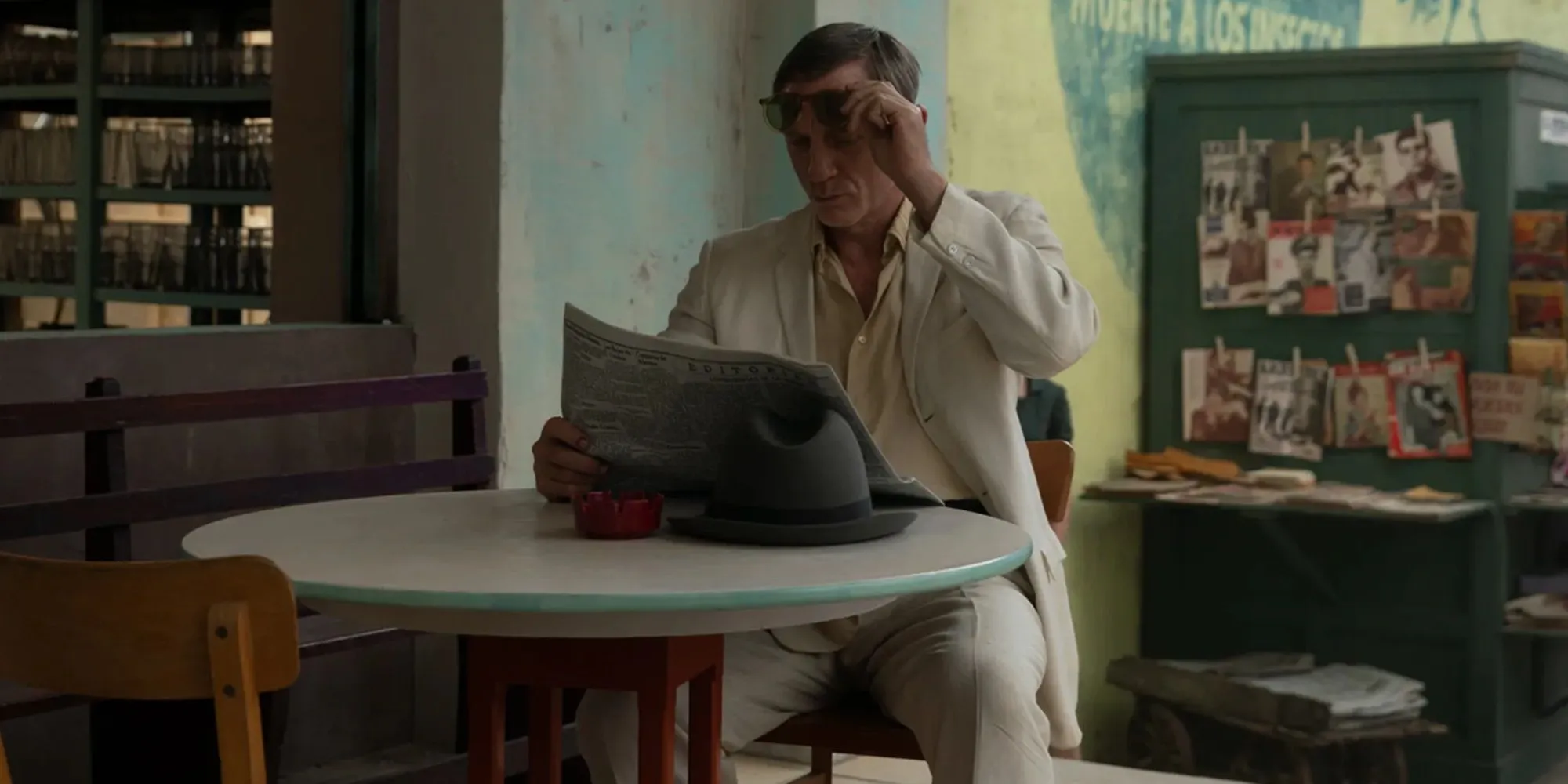
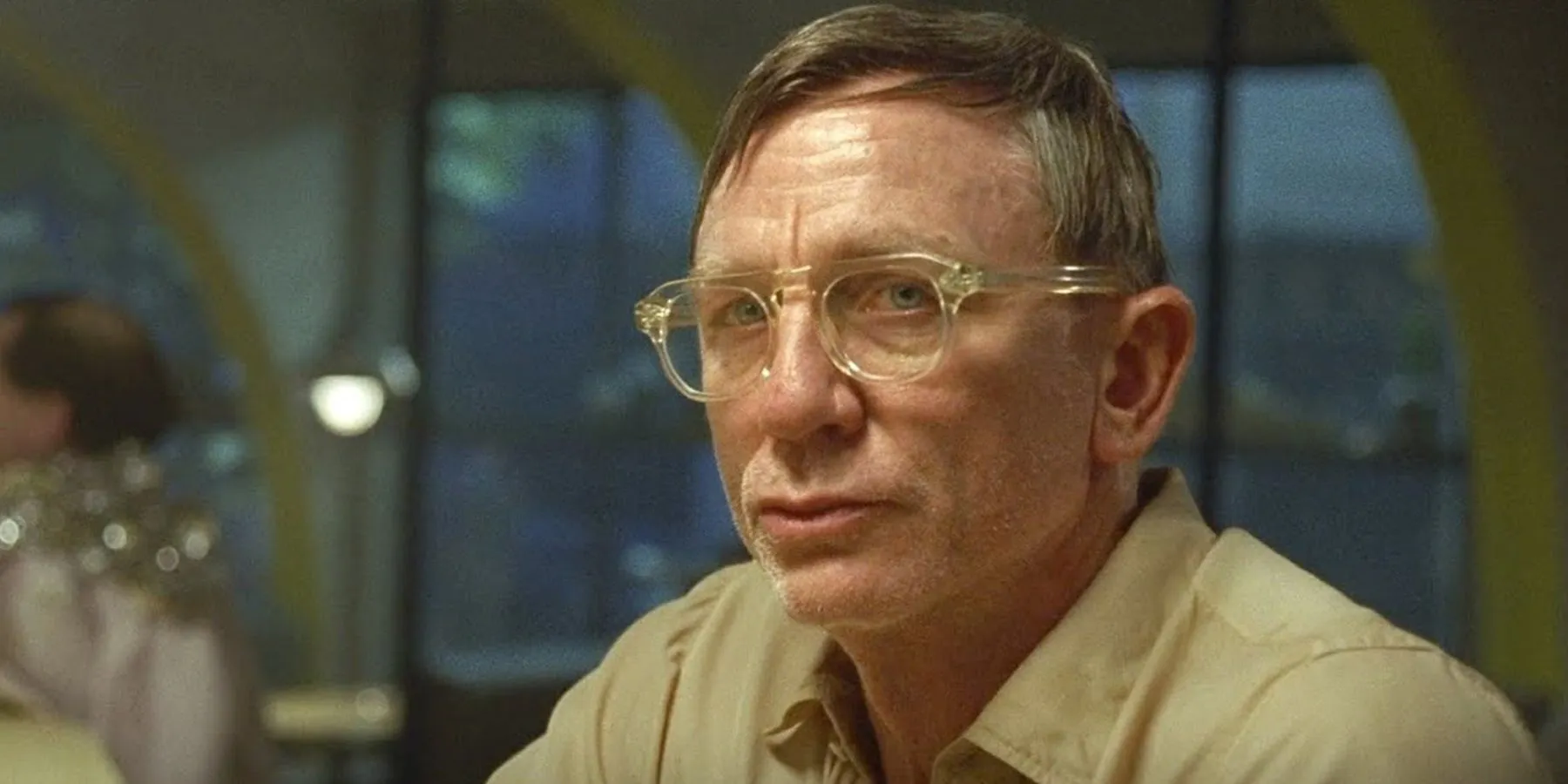
Kuritzkes’ insights illuminate the nuanced emotional currents within Queer, particularly as they pertain to the fraught relationship between Lee and Allerton. While the narrative predominantly reflects Lee’s perspective, Kuritzkes’ approach ensures Allerton is portrayed as a character with agency rather than a mere object within Lee’s fantasy.
Allerton’s decision to accompany Lee on his journey through the colorful streets of Mexico City, and later to South America, indicates a complex dynamic of shared desire, albeit one that remains misaligned with Lee’s fervent romantic aspirations. The film has been aptly described by Guadagnino and Kuritzkes as a tale of “unsynchronized love,” where the characters strive to connect on an emotional level, yet are hindered by their singular viewpoints and personal struggles.
Our Interpretation of Kuritzkes’ Perspective on Lee and Allerton’s Relationship
Why Queer is More Than a Tale of Unrequited Love
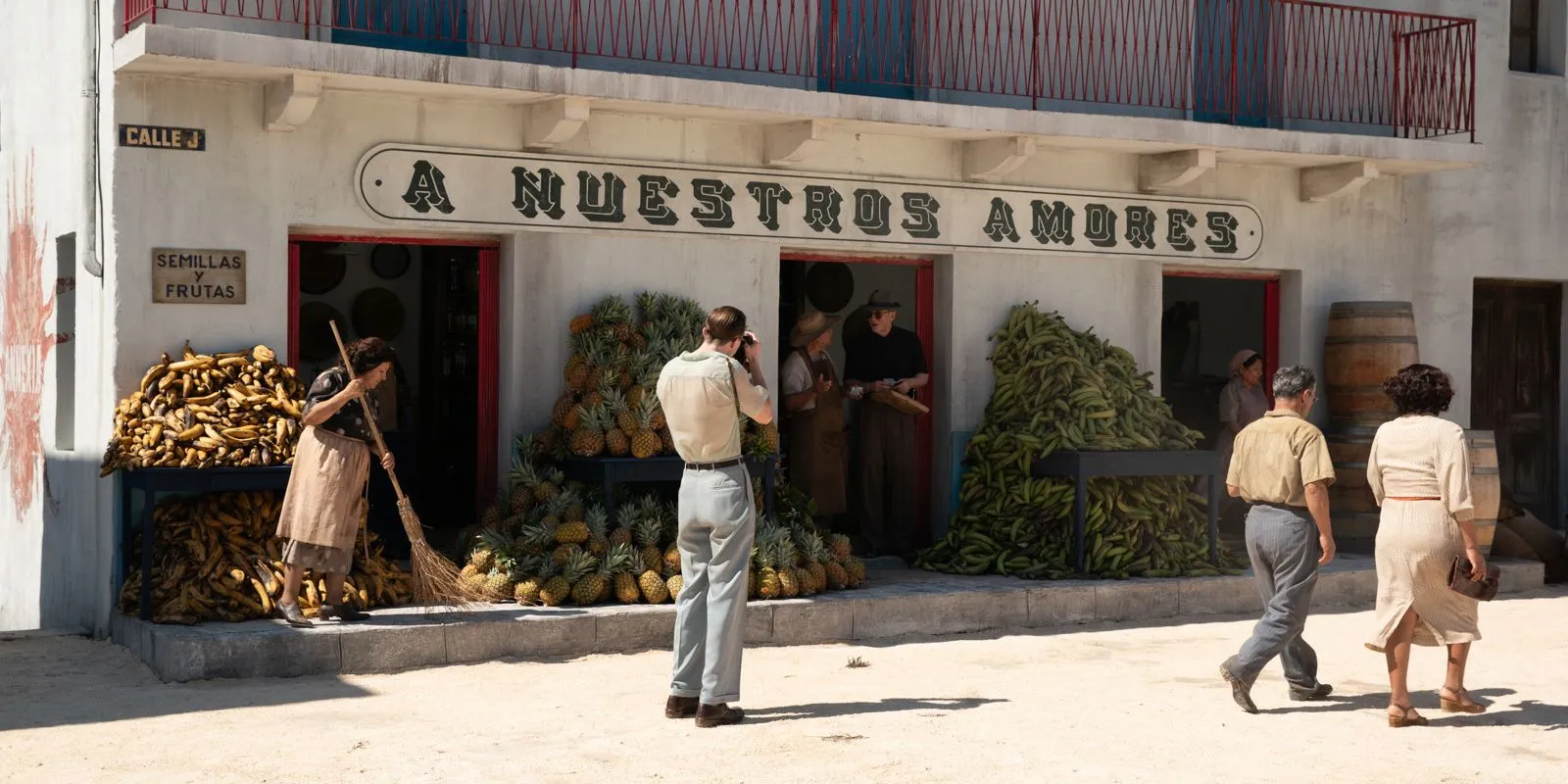
Through Kuritzkes’ lens, the emotional landscape of Lee and Allerton’s relationship is reframed, offering a fresh perspective on the heartbreak inherent in Queer. The emphasis on the characters’ mutual efforts to understand each other lends a profound authenticity to the narrative, making their connection resonate with viewers on a deeper level. Guadagnino’s sensual storytelling, paired with Kuritzkes’ nuanced writing, elevates Queer above a mere exploration of unfulfilled love. Instead, the film emerges as a poignant reflection on the quest for desire and intimacy in a world often characterized by unrelenting scrutiny and societal expectations, a theme that remains timeless and universally relatable.




Leave a Reply